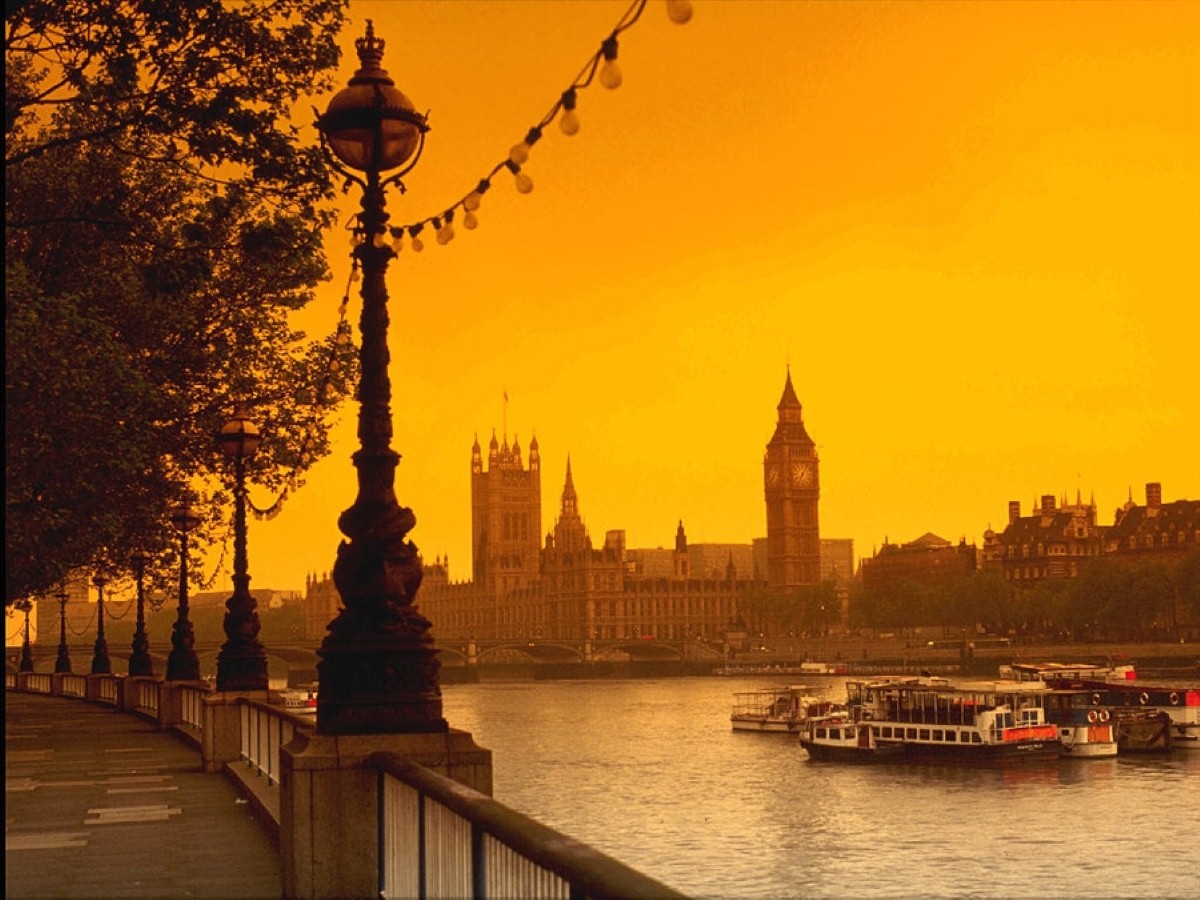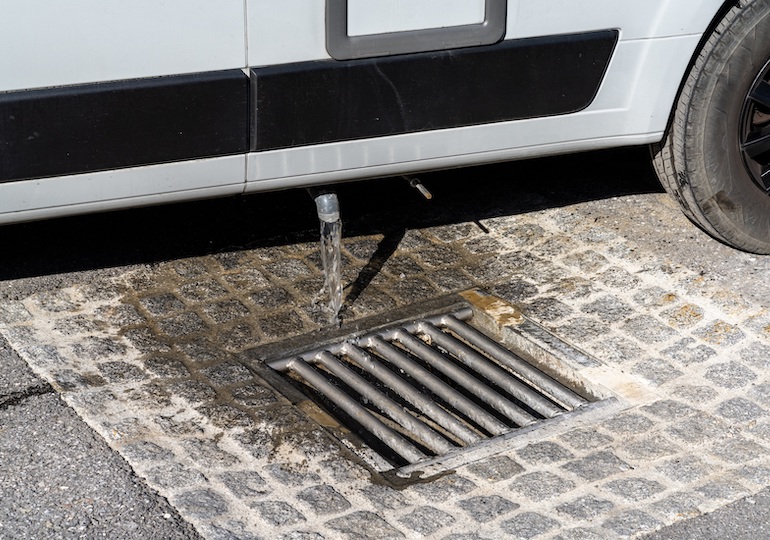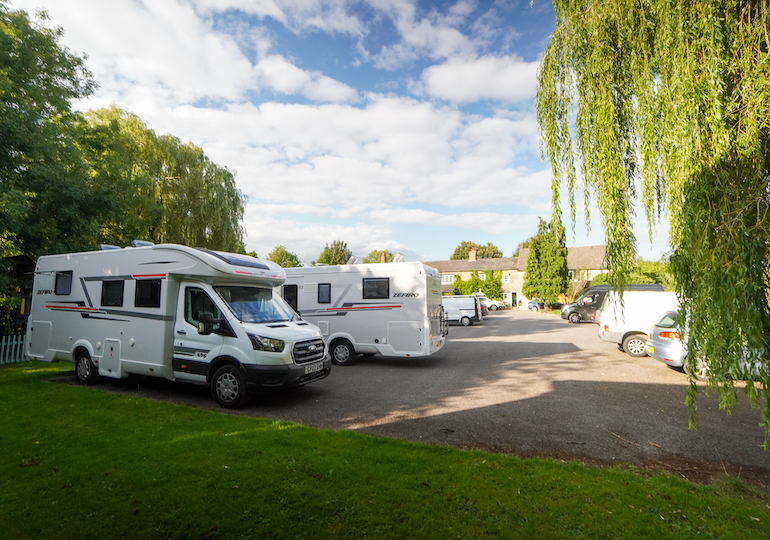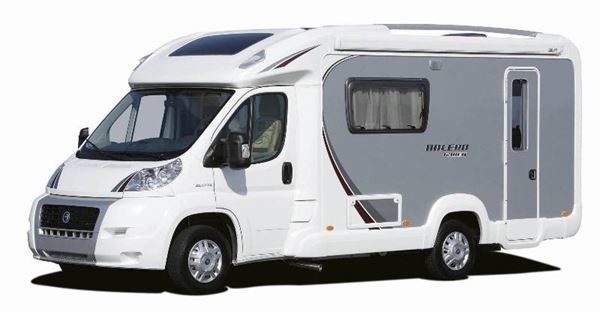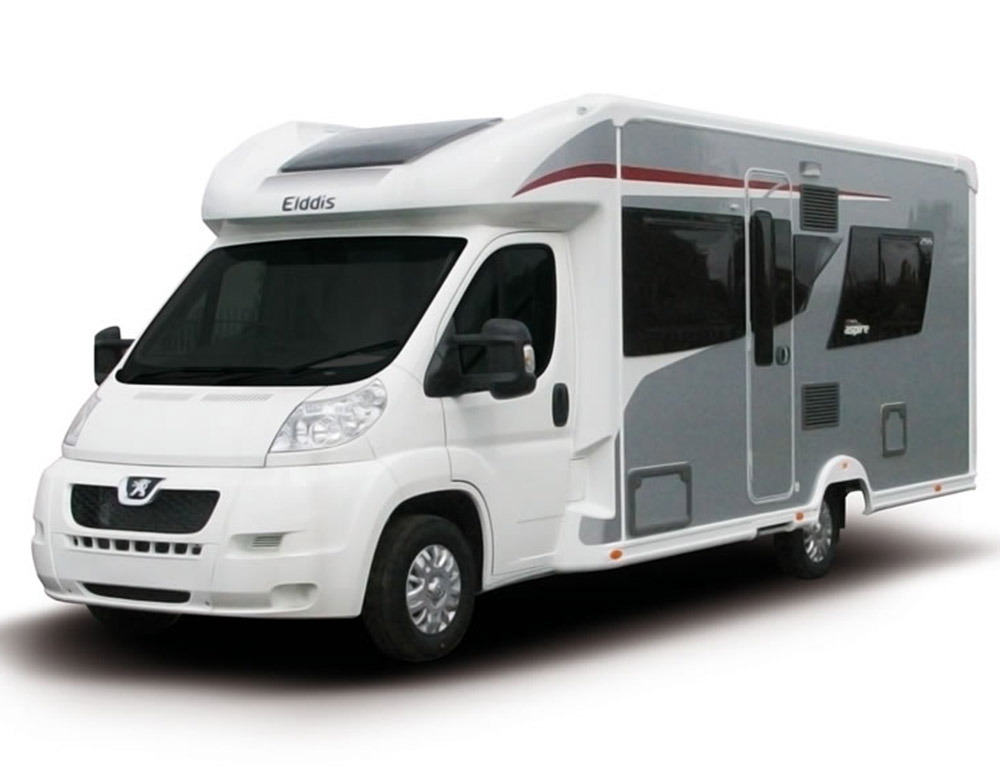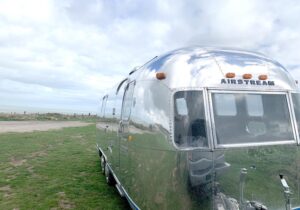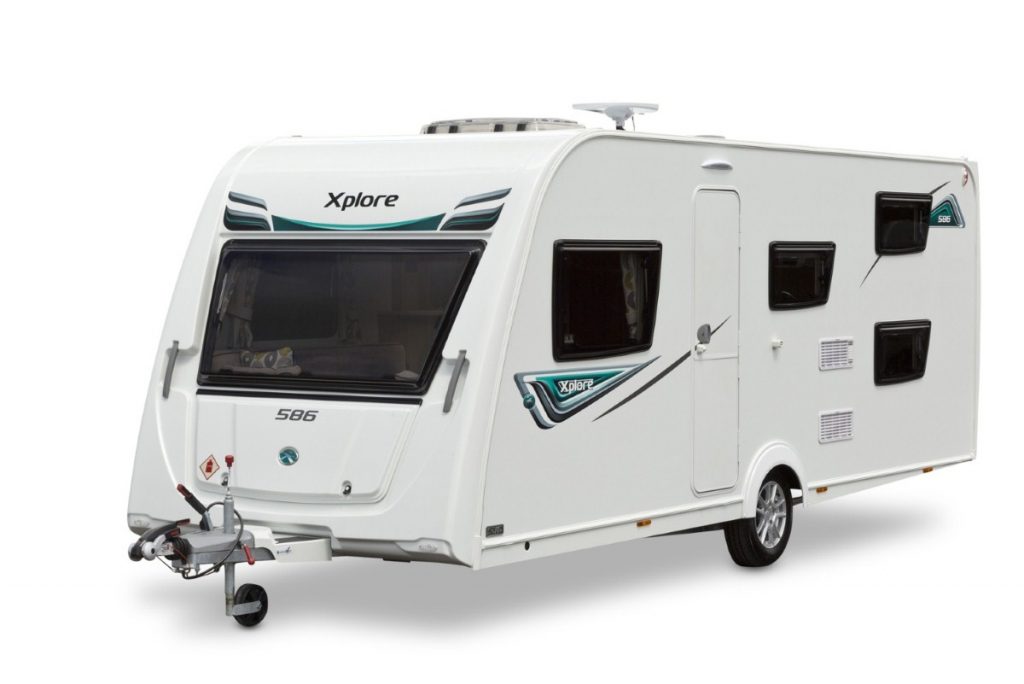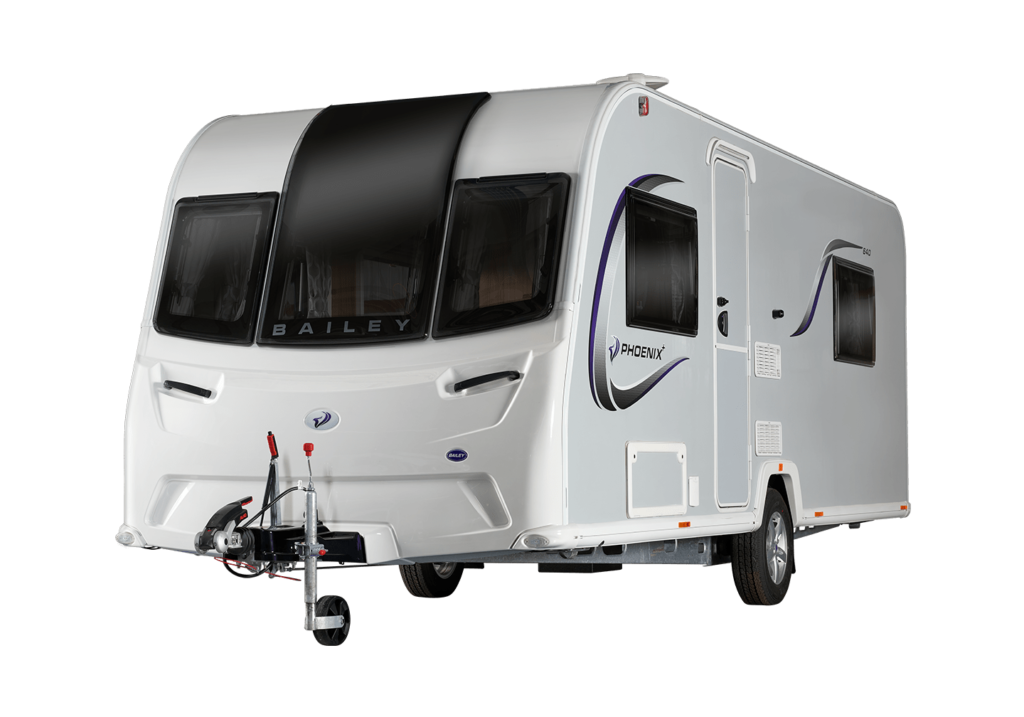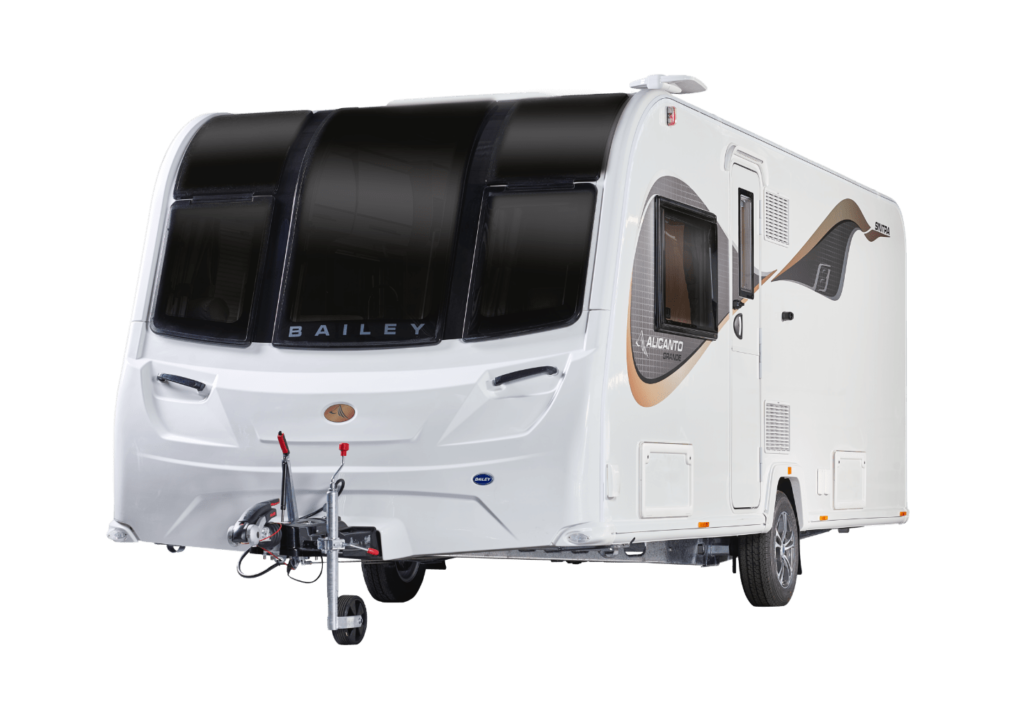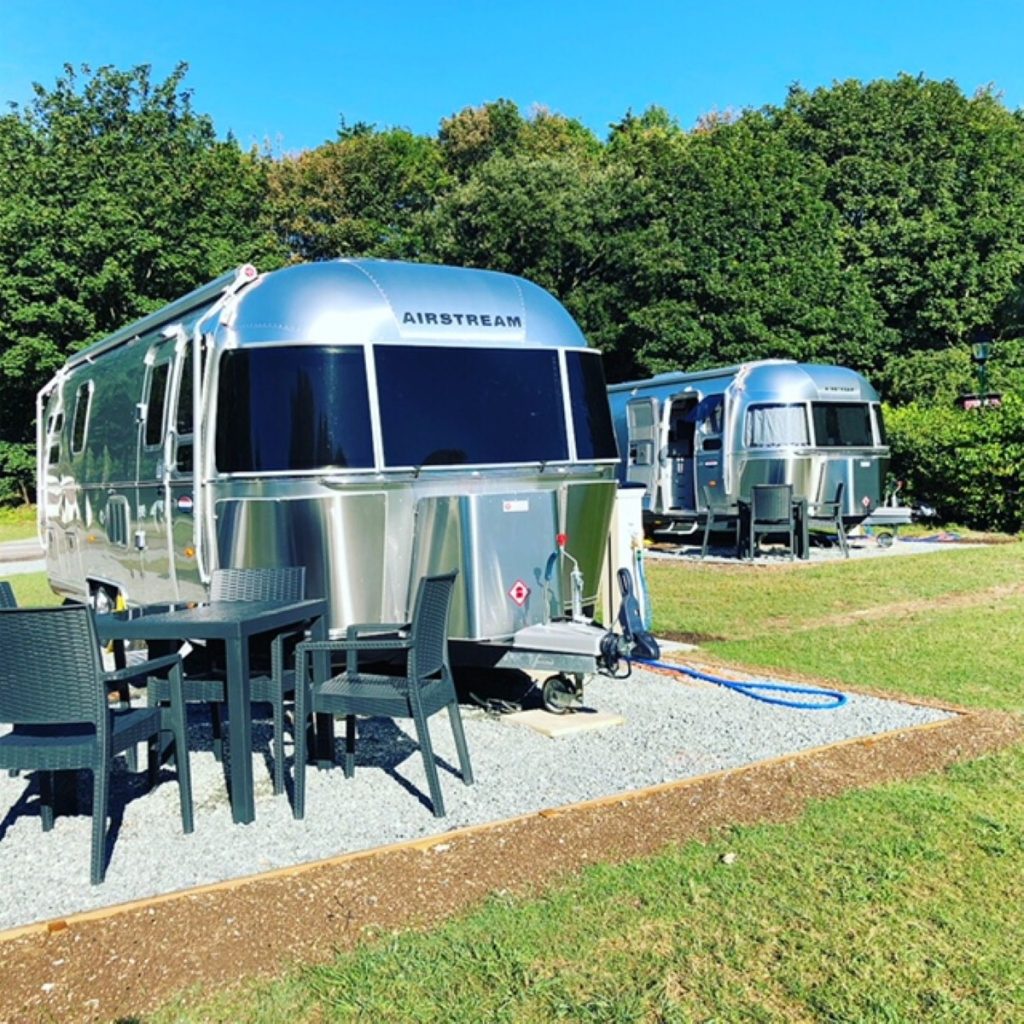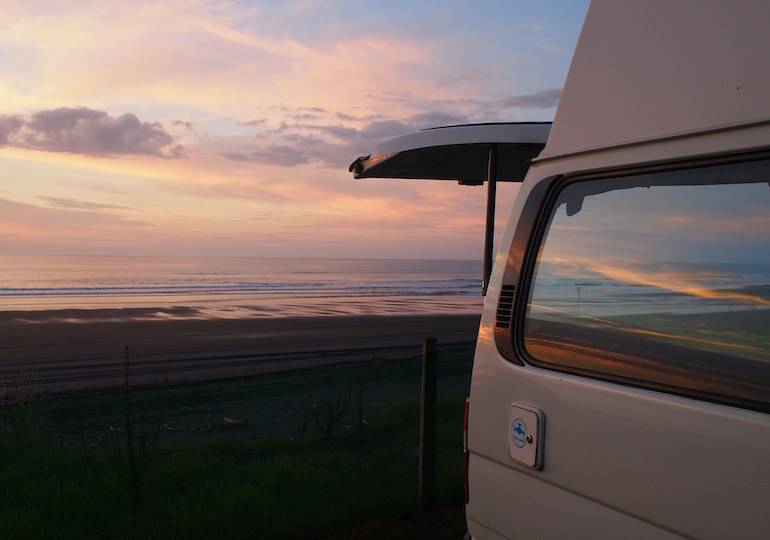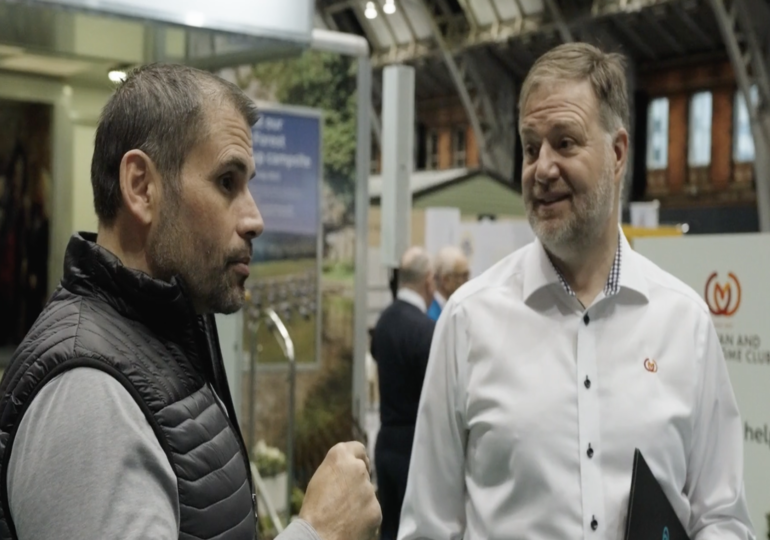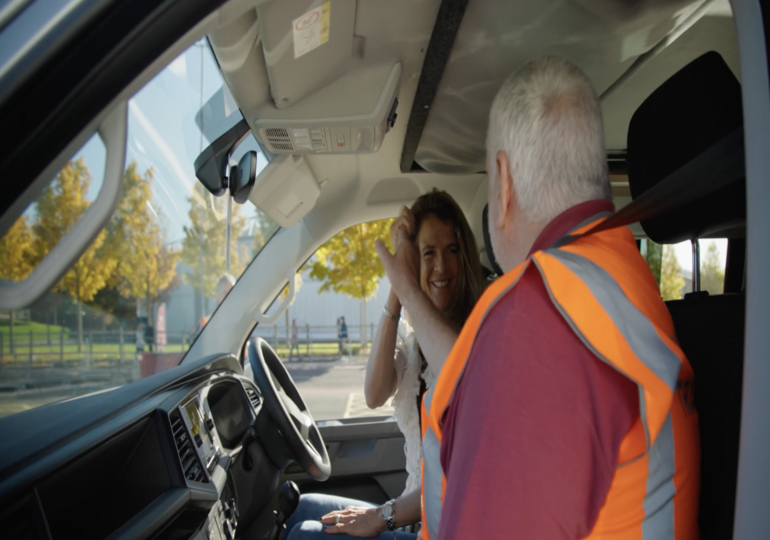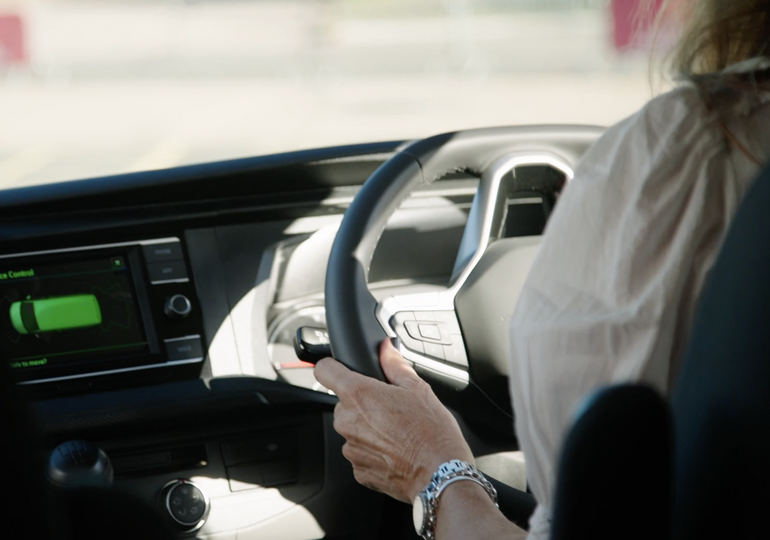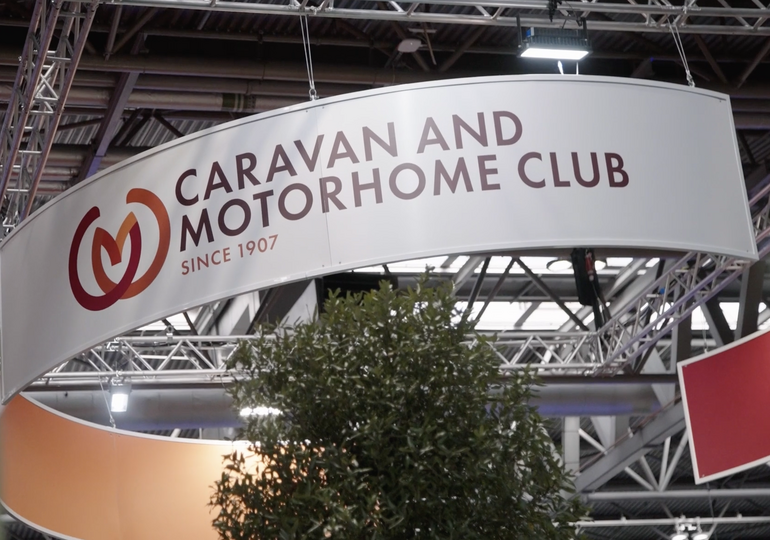By Holly Tribe
Last March we reported on a campaign to move British Summer Time forward an hour to create Single/Double Summer Time (SDST). And yesterday on the longest day of the year, the debate resurfaced.
SDST would require moving the clocks forward two hours over the summer and one hour during winter, meaning the summer sun wouldn’t set until 11pm across the South of England.
The 10:10 climate change campaign has launched its Lighter Later group, and environmental campaigners also used yesterday’s summer solstice to call for brighter evenings. They argue an extra hour of evening sunlight would noticeably reduce carbon emissions by reducing energy consumption.
Adrian Sanders, MP for Torbay is behind the Lighter Later Campaign. He has tabled a Commons motion and called for a three year pilot-scheme. It is thought that extending daylight hours will improve tourism and boost the economy.
Mr Sanders says in his blog: “The idea could generate over £2 billion for the leisure and hospitality industry, reduce health and insurance costs, and reduce carbon emissions by ten per cent.”
The change would bring Britain in line with much of Europe and the coalition government are considering the renewed proposal. Conservative Tourism minster John Penrose said: “The Coalition is committed to study this, and there are some very strong voices in the tourism industry that are making some very big claims about it.”
There has been strong opposition in Scotland, where, if the plans went ahead, it would mean the sun wouldn’t rise until after 9am in the winter. Safety concerns have been raised as the new daylight hours would see children walking to school in the dark, and could potentially increase road accidents at rush hour.
The suggestion of a separate timezone for Scotland has been met with scepticism. Cross border businesses and banks would be thrown into disarray along with public transport timetabling issues.
Scottish secretary Michael Moore, speaking on BBC Scotland’s Politics Show said: “I do not believe separate time zones would be a sensible or realistic measure, not least as a Borders MP who works right beside England; I think that would be ludicrous.”
This is not the first time a new daylight saving bill has been suggested. A similar trial took place between 1968 and 1971, but was discontinued when road deaths in Scotland increased slightly over the winter. In 2008, Conservative MP Tim Yeo put forward his Energy Saving (Daylight) Bill which was rejected by the House of Commons.

